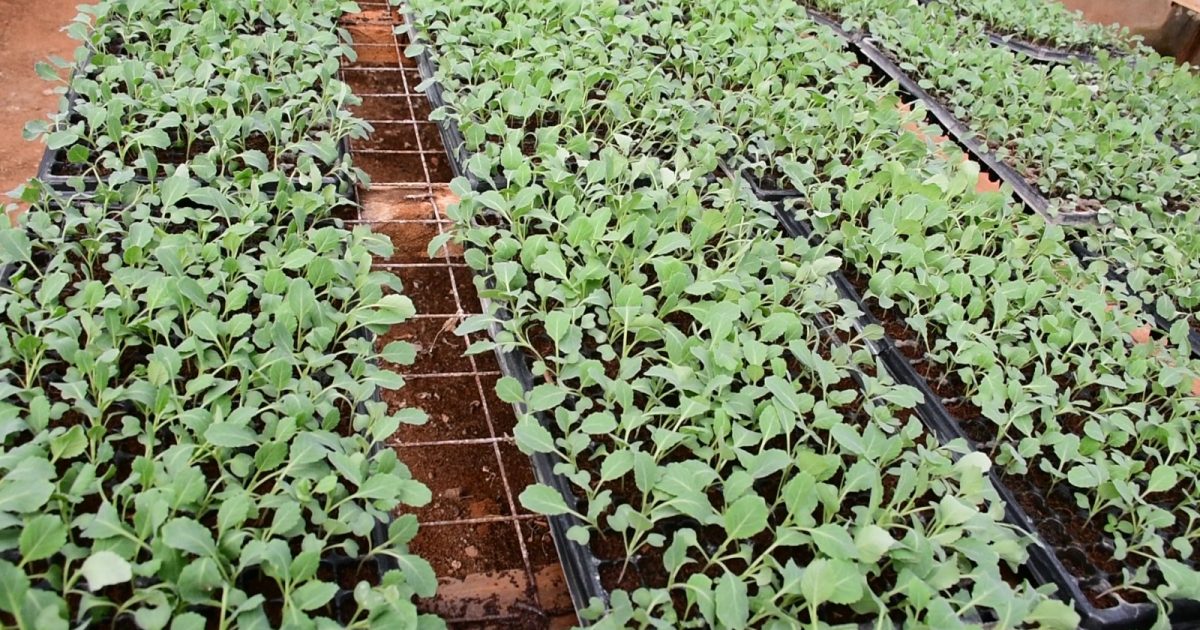With the onset of the March-May rains, farmers across the country have been urged to embark on land tillage and preparation but to delay planting until the rains increase in intensity.
According to the weatherman, the rains will take a break midweek and resume at the end of the week and beginning of April.
Soil analyst Bernard Ndun’gu observes that before planting, it is paramount for farmers to address the factors that contribute to a decline in farm productivity and perennial losses.
He said changes in weather patterns remained the greatest influence towards declining farm productivity as low rainfall does not support proper growth of crops.
However, despite the little rainfall received, other factors that could contribute to a decline in production needed to be addressed as most farms have lost over 40 percent of their productivity.
“Before the onset of the rains, clearing and preparation of the land for planting should be done thoroughly by clearing the vegetation, ploughing, harrowing and levelling to create a suitable seed bed,” he notes adding that “farmers need to also do soil testing so as to determine the soil PH and nutrient levels in the soil so as to ensure optimal plant growth and choose appropriate fertilisers.”
The soil analyst notes that after land preparation, only certified seeds and healthy planting materials should be used in order to increase crop production as they have high germination percentage with uniformity and fast growth rate.
“Obtaining certified seeds and healthy planting materials is likely to yield crops that are resistant to pests, disease, and drought and free from weeds and will produce high yields,” says Ndung’u.
Additionally, farmers should ensure that at planting, they apply manure and fertilisers appropriately to boost the level of organic matter and nutrients in the soil.
Importantly, the fertiliser required should be applied in the right amount and the required ratio in relation to nutrients available in the soil and crop needs.
“Different crops require different management practices during production such as mulching, pruning, training, ridging, watering, thinning, pest and disease control and de-suckering like in bananas and farmers should carry out proper management of crops,” he noted.
The practices, he adds, are aimed at increasing the yield and farmers should ensure they know how different crops present.
It is paramount that the practices including land preparation and planting are done in a timely manner, he added.
Ndung’u also advises farmers to adopt scouting practices for early detection of pest and diseases for increased crop production as pest and disease attacks have caused a lot of damage to crops and unquantifiable loss to farmers.
“Notably, fall armyworms have been a great enemy to crops and have caused a lot of destruction on maize leading to decline in maize yields,” he notes adding that “the same has been witnessed by tomato farmers who are highly affected by Tuta absoluta.”
Some common diseases such as CBD in coffee, fusarium and bacterial wilt in crops such as potatoes, tomatoes and sweet pepper among others have had an adverse impact on yields.
Ndung’u underscores the need for farmers to use the right pesticide, fungicide and disease control chemicals to control the spread of diseases and pests.
“Follow the right application rate, right application time and application method in order to have effective control of the pests and diseases,” he advises.
Further, farmers need to follow correct agricultural practices to maximise crop yields by building and maintaining healthy soil which is a fundamental component of sustainable agriculture.
“Healthy soil provides the necessary nutrients, water retention capacity, and pest resistance needed for crops to thrive while also contributing to climate change mitigation,” he said.
He also urges farmers to seek agronomic assistance by attending farmers’ days, workshops and training which have been key and informative to farmers.
By Florence Kinyua




